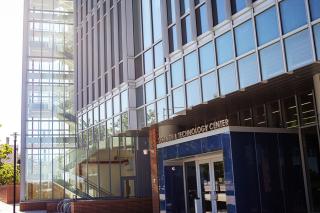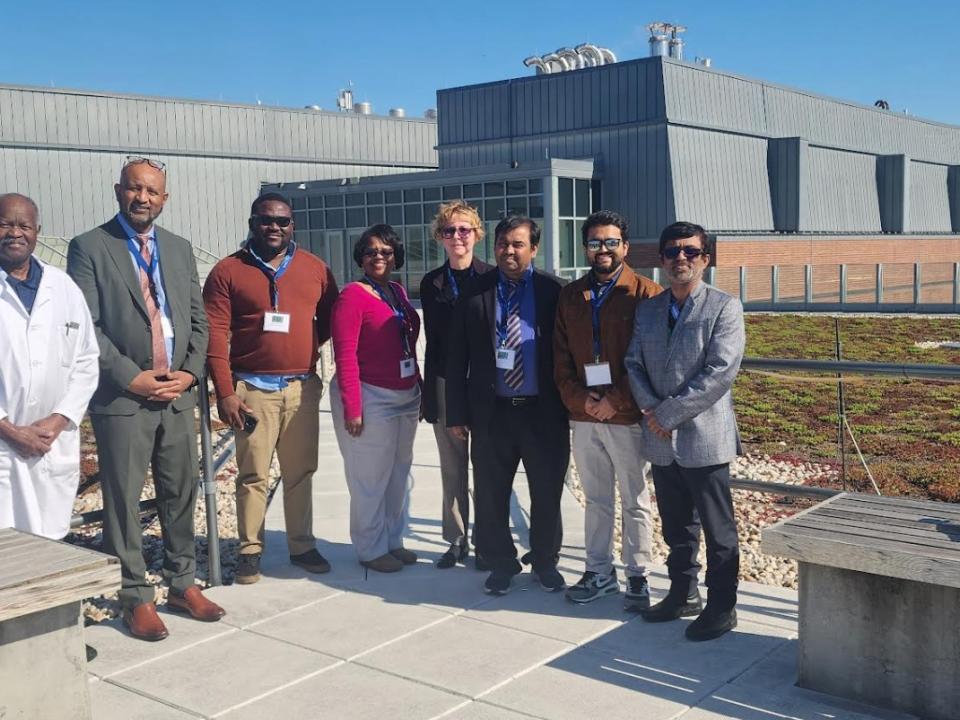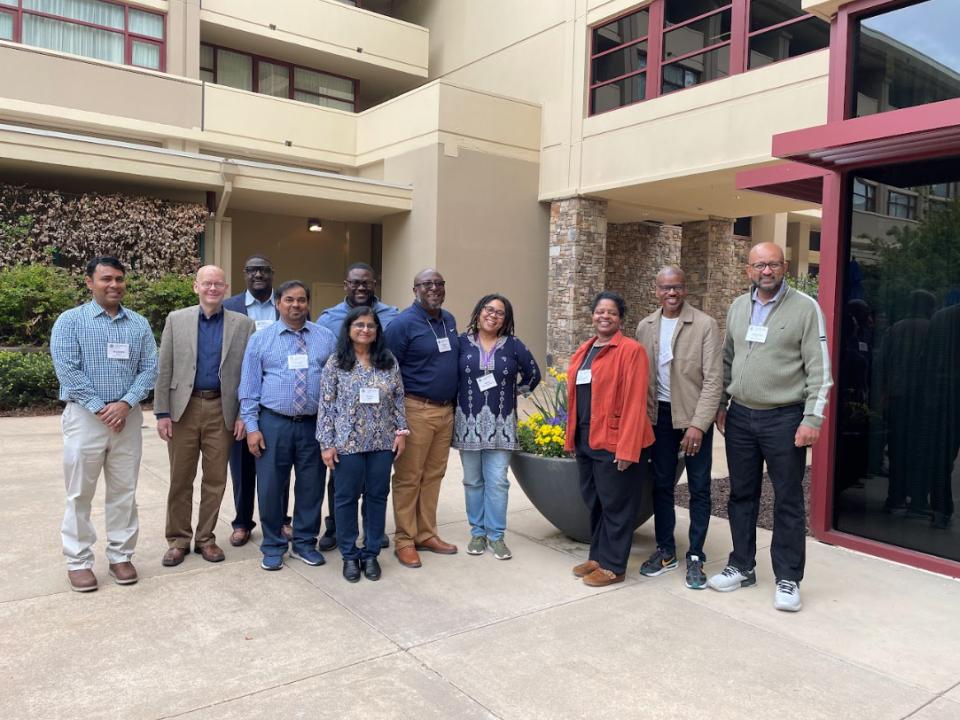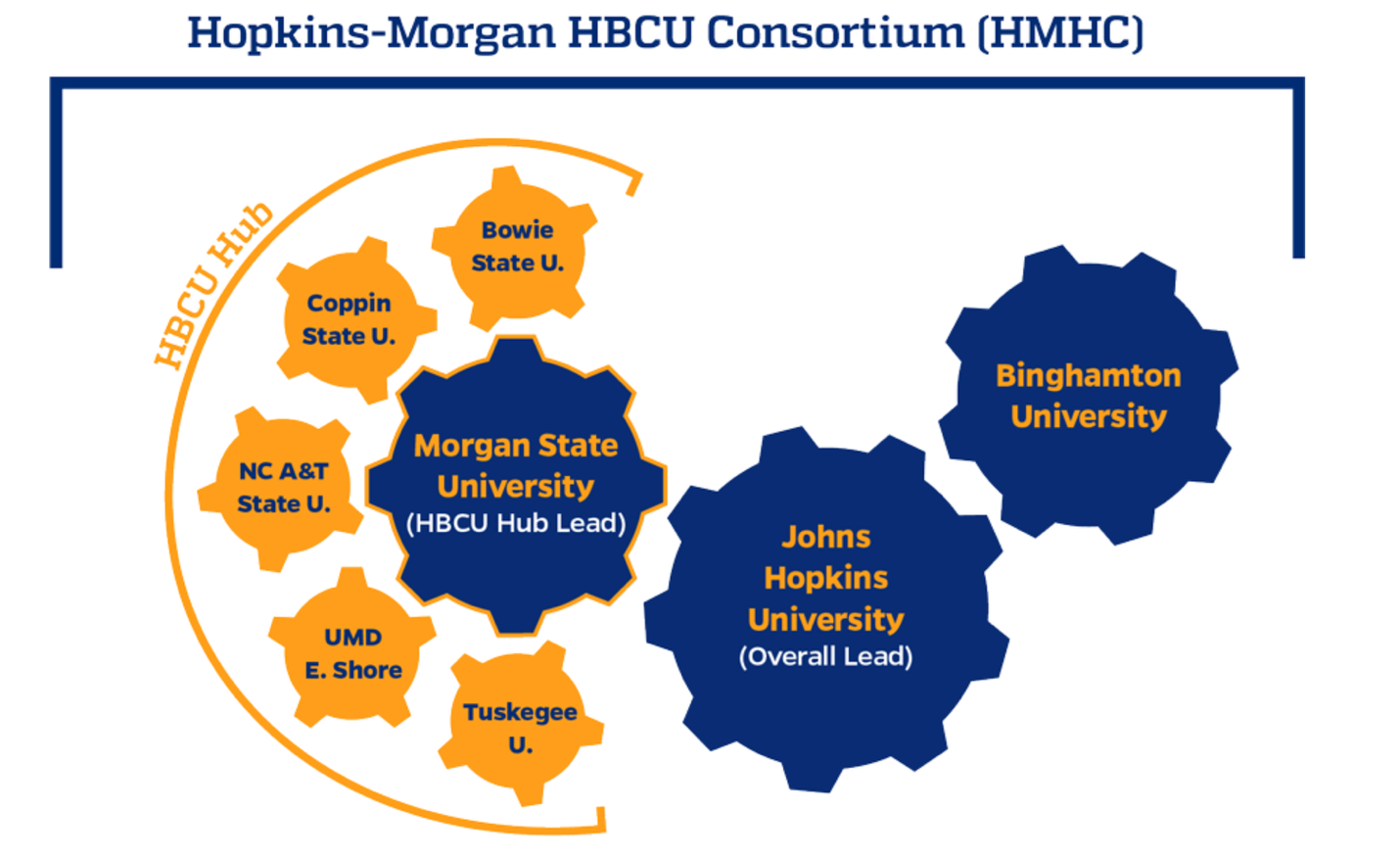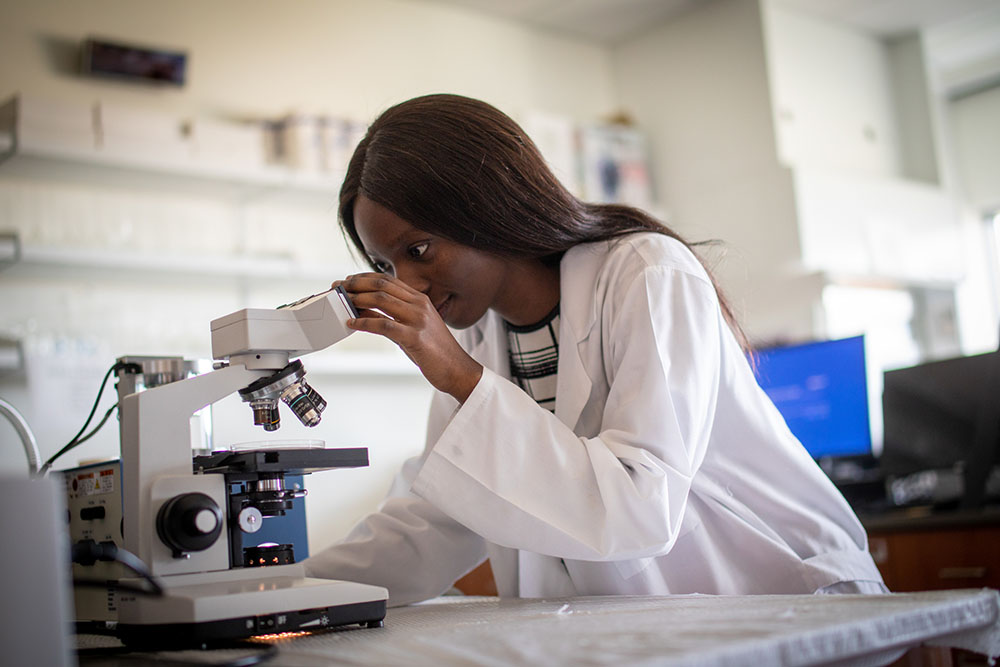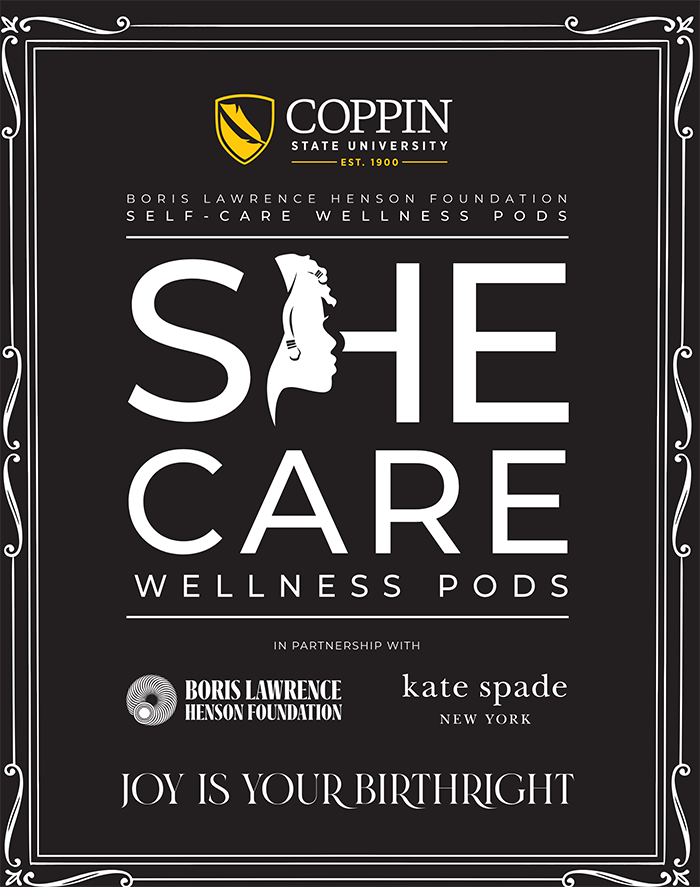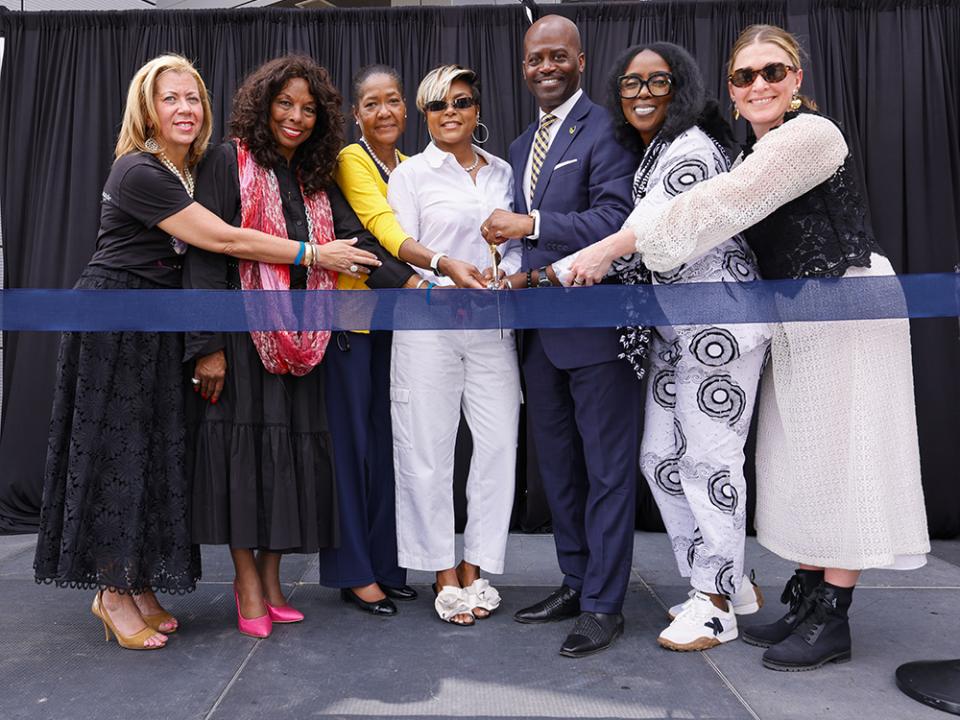HBCU-ASPIRE
Department of Natural Sciences
Enabling Partnerships to Increase Innovation Capacity (EPIIC): HBCU Alliance for Strategic Partnerships for Innovation and Research Enhancement
About The HBCU-ASPIRE
This project is the Historically Black College & University (HBCU) collaborative research alliance among the institutions, Coppin State University, Florida Memorial University, Kentucky State University, and Harris-Stowe State University. Strategic Partnerships for Innovation and Research Enhancement (HBCU-ASPIRE) initiative addresses the infrastructural needs for research and innovation within HBCUs. This project's major goals are to improve the existing infrastructural obstructions of the office of sponsored research, faculty support and training, pre- and post-research award management systems, and develop a collaborative, efficient, and innovative research milieu in these HBCUs. Furthermore, such HBCU initiatives will be the model for other institutions in their journey to strong research and innovation infrastructures.
Project Goals & Objectives
The goals of the EPIIC project are:
- Supporting capacity-building efforts at institutions of higher education to enhance their ability to engage in external partnerships.
- Creating inclusive innovation ecosystems that foster collaboration among diverse partners to accelerate scientific and technological innovation.
- Fostering long-term partnerships and enhancing education to prepare students for careers in innovation and entrepreneurship.
Institutional Capacity Building & Partnership Expansion Objectives
The goal of this grant is to promote, support and build CSU’s student/faculty research capacities. This project will enable it to build strong partnerships with local, regional, and external research institutions as well as private industries and government-funded agencies. Another aim of this grant is to create and sustain multi-institutional partnerships with the cohort and industry.
ASPIRE Strategic Plan
CSU will realize these goals through activities such as grantsmanship training for faculty, staff, and students involved in research administration. CSU will acquire Kuali eRA software to enhance its pre- and post-award process. Another project activity is to draft institutional policies that will address release time for faculty to write proposals and manage grants. We will create an industry advisory board to include industry partners, biotech, etc. Lastly, CSU will engage cohort partners twice annually to support gaps in research (e.g., workshops and training across the partners). Activities planned will build institutional capacity and support faculty in the writing of more competitive grants, improve capacity for student research, receive support for accomplishing efficient pre- and post-award management, and share information regarding opportunities for proposal and research development.
Outcomes are expected to provide a framework to better inform the creation of an innovation center at CSU. CSU will strengthen and expand partnerships through investments in infrastructure and faculty development. Finally, models will be developed replicated across cohort institutions (when applicable) as shared resources our team expects will continue beyond the end of this project.
Project Activities
- Monthly HBCUs meeting held October 1, 2023
- HBCU-ASPIRE annual meeting held April 11-14, 2024 at Florida Memorial University
- Submitted grants by faculty: two NSF proposals awarded
- Monthly HBCUs meeting
- HBCU-ASPIRE annual meeting 2025 held April 16-23, 2025 at Coppin State University
- Research Administration credentialing, CITI program certification
- eRA KUALI purchased and under implementation
- Professional Development Training: Marta Collier Youngblood, a Research Development consultant, trained faculty and staff on seeking funding and proposal development
- Training also included a one-on-one proposal development service
- Student exchanges: Coppin student on internship at Harris-Stowe University
Collaborative Institutions
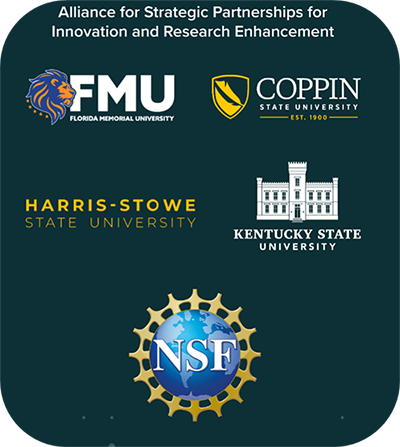
Florida Memorial University (Lead HBCU Institution)
Jayanta K. Das, Ph.D., Principal Investigator
Harris Stowe State University
Freddie E. Wills Jr., Ph.D., Principal Investigator
Kentucky State University
Richard Maiti, Ph.D., Principal Investigator
Youngblood & Associates, LLC
Marta Collier-Youngblood, External NSF Grant Evaluator
Contact Information
For more information about the HBCU-ASPIRE project, contact:

Dr. Mintesinot Jiru
Principal Investigator (PI)
Email Dr. Jiru
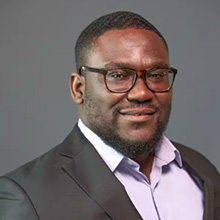
Dr. Emmanuel Atta-Obeng
Co-Principal Investigator (Co-PI)
Email Dr. Atta-Obeng
National Science Foundation (NSF) Award #2332021
Award Period of Performance:
Start Date: 10/01/2023
End Date: 09/30/2026

